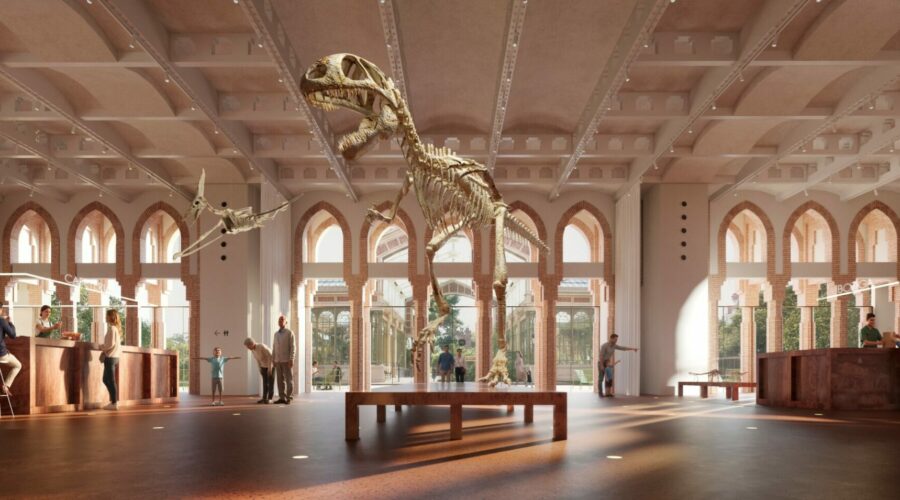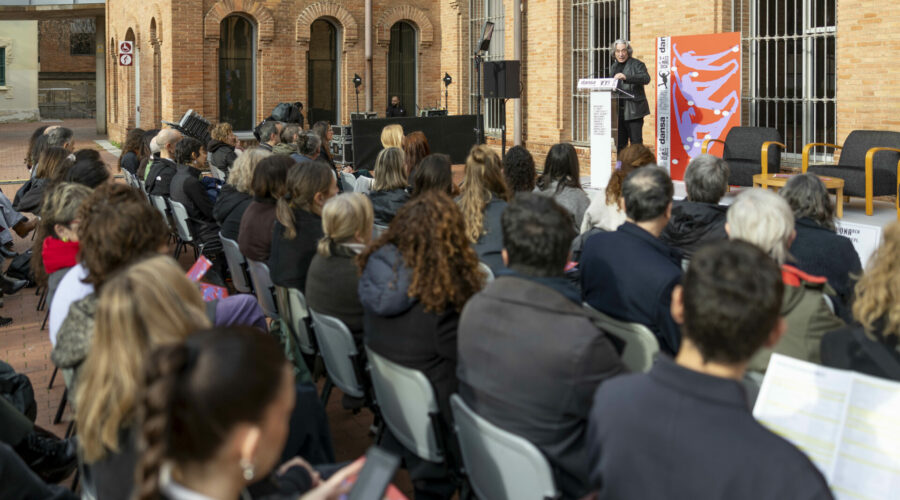
Recently, the Cathedral of Barcelona has witnessed an exceptional find: a fragment of a 14th century songbook, containing the transcription of 17 troubadour poems by four prominent Provençal troubadours.
This discovery, made by the Arxiu Capitular of the cathedral, opens a fascinating window into the world of medieval poetry and offers new insights into the circulation of literature in 14th century Catalonia.
The discovery was made in the context of the revision and cataloguing of documents in the cathedral’s archives. Found among unsorted material, this 14-page sheet reveals the work of troubadours such as Peire Cardenal, Guilem Magret, Raimon de Castelnou and Falquet de Romans.
The troubadour poems of the XIV Century in Barcelona
Although none of the poems are unpublished and all are known from other songbooks, their discovery remains remarkable for several reasons.
First of all, this songbook fragment is the largest found in the last hundred years and has been transcribed during the time when troubadour poetry was still current, which makes it a direct testimony of the time.
In addition, it provides valuable information on the circulation of the authors cited in Catalonia, as well as on the transcription practices of troubadour songs in the region.
The songbook found in the cathedral contains a variety of texts, including 13 poems by Peire Cardenal, one by Guilem Magret, one by Raimon de Castelnou and two by Falquet de Romans. Although Peire Cardenal is the main protagonist of the find, with his work being the most represented, all these troubadours contribute to enriching our understanding of medieval literature and its recurring themes.
Highlights
One of the most interesting aspects of this discovery is the presence of Peire Cardenal, a troubadour known for his anti-clerical stance and his criticism of ecclesiastical power. Through his poems, Cardenal denounced corruption and injustice in the society of his time, offering a critical and combative vision that distinguishes him from other troubadours more focused on amorous themes.
The transcription of the troubadour poems found in this songbook in Barcelona Cathedral provides a unique insight into medieval poetry in action, with verses that reflect both the lyrical beauty and satirical wit of the troubadours. Although some of the texts may be obscure or difficult to understand for the modern reader, their historical and literary value is unquestionable.
The discovery of the songbook in the Cathedral of Barcelona is a reminder of the immense cultural heritage that is hidden in historical archives around the world. Each document discovered is a piece of the puzzle that helps us to reconstruct the past and to appreciate the richness of the literary tradition.



